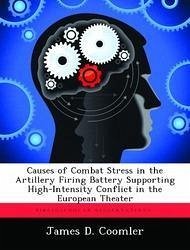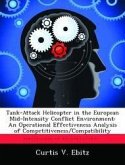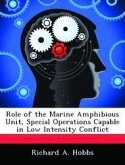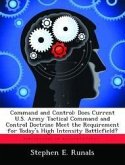This study investigates the causes of combat stress in the artillery firing battery supporting high-intensity conflict in the European theater and identifies four primary causes of stress with special uniqueness or application to artillerymen. The study focuses on fatigue, fear of becoming a casualty, isolation, and absence of leadership as causes of stress that affect the artillery soldier the most. The study concludes that diagnosis and awareness of artillery stress inducers is an important first step in stress reduction and manpower maintenance efforts. The study finds that practically all studies and books on combat stress are dated to the point that their applicability to a modern high-intensity war is in question or deal with the subject in too broad of a scope or, most likely, both. The significance of this lack of adequate attention to modern combat stress and its effects on special units, e.g. artillery, is that the Army and soldiers continue poorly to understand stress. The study concludes that combat stress will be one of the most significant causes of loss of manpower in the artillery. The U.S. Army needs to renew emphasis on soldiers in combat and their preservation from combat stress, to go beyond rediscovery and have new research on stress, to develop and implement a basic doctrine on the prevention and treatment of stress, and to formulate training programs on combat stress.








